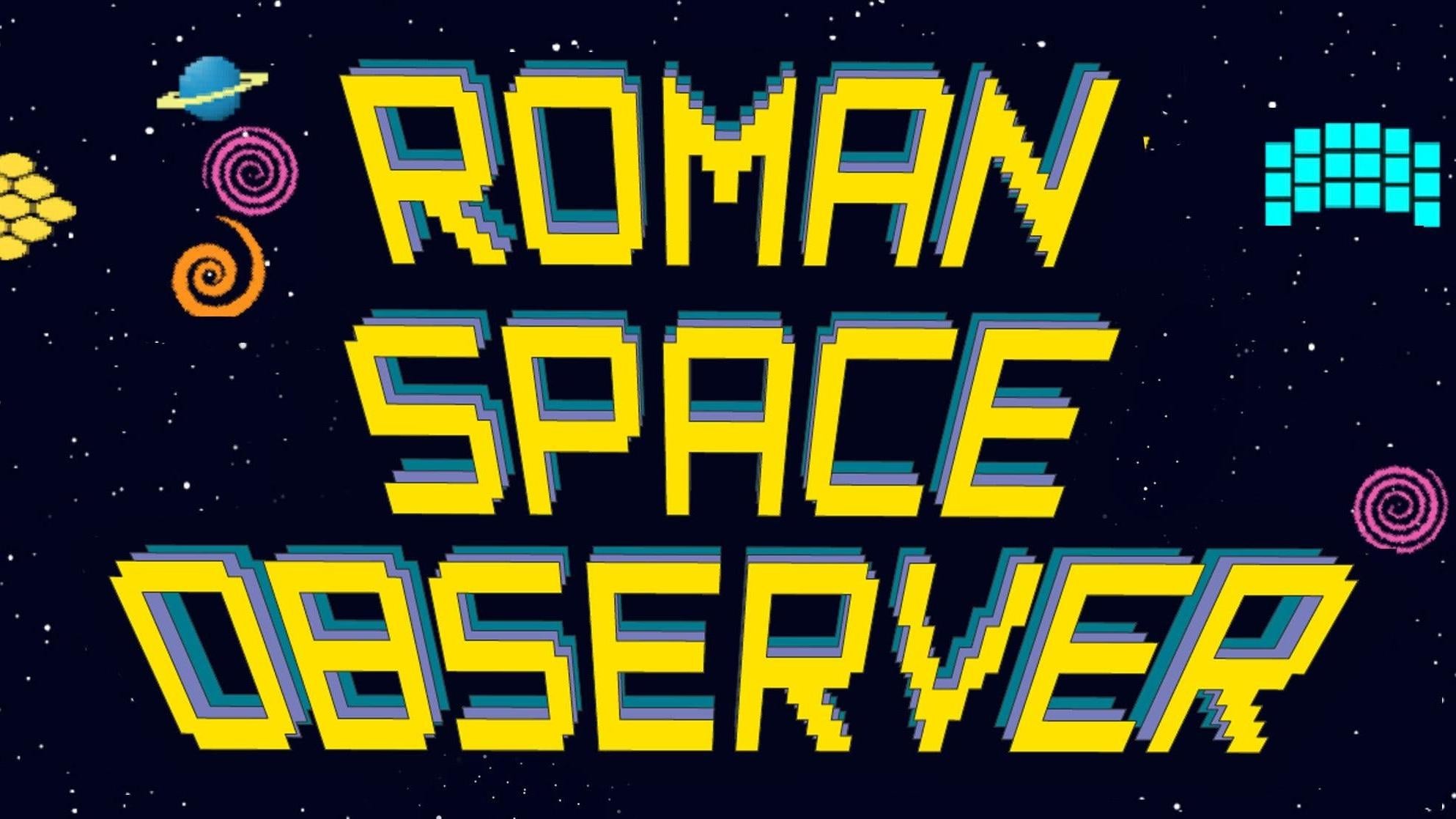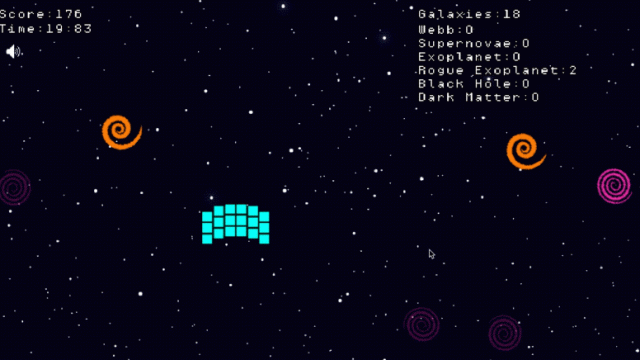NASA is drumming up excitement for the Nancy Grace Roman Space Telescope with a super-retro 8-bit inspired video game, and it’s honestly really fun. In the game, players are Roman Space Telescope operators that have to collect different celestial objects ranging from exoplanets to dark matter.
What is the Nancy Grace Roman Space Telescope?
Once launched, the Nancy Grace Roman Space Telescope will become a powerful tool in NASA’s arsenal for unravelling the secrets of the universe. The goal of the astronomical project is to study dark energy and dark matter, which make up about 95% of the known universe. The telescope will also be used to search for exoplanets, much like the James Webb Telescope.
NASA says the Roman Space Telescope will operate much like Hubble, but it’ll function with technology that’s three decades more advanced than its predecessor. That should allow Roman to capture infrared images that are 200 times larger than images collected by Hubble. While NASA hasn’t set a firm launch date yet, the telescope passed a design review in September 2021, and NASA aims to begin science operations no later than May 2027.
The Roman Space Observer Game
NASA released the Roman Space Observer Game last week much to the delight of space and vintage enthusiasts alike. With the 80s being so in right now, the Roman Space Observer Game fits right in as it’s a retro-style arcade game. Think Asteroids, but instead of blasting space rocks, players collect exoplanets and black holes. NASA said on the game’s homepage: “Our goal for this game is to inform and inspire players about the amazing cosmic objects in our universe and what Roman may be able to see in a fun and engaging way.”

I played the game for a bit and I had an absolute blast. I was given control of the Nancy Grace Space Telescope and had to catch as many astrophysical objects as possible in one minute using the telescope’s sights. Galaxies, supernovae, rogue planets, and even the James Webb Telescope zoom in and out of the view of the Roman Space Telescope while a kitschy soundtrack full of “bleeps” and “bloops” played in the background. There are also blobs of dark matter and black holes that zip across the screen, but those proved to be much harder to snag since they blended in with the black background, which probably explains why they’re worth so many more points.
It sounds easy, but its actually incredibly challenging and I spent way too much time living the dream of a NASA telescope operator. I’m not a video game expert by any means, but I do love science and I think that the Roman Space Observer Game is a super fun way to engage the public on the namesake telescope’s mission to study some of the more mysterious parts of our universe.
More: NASA to Test GPS-Like Navigation System at the Moon for the First Time
